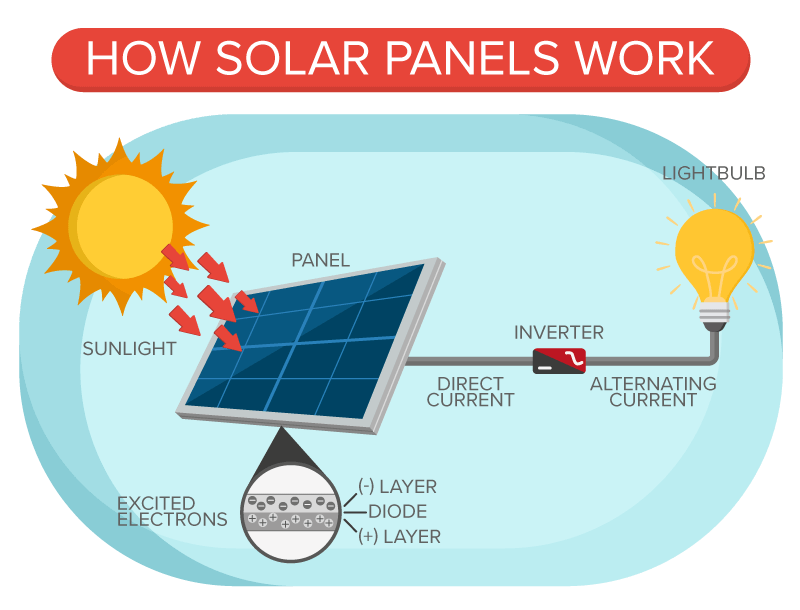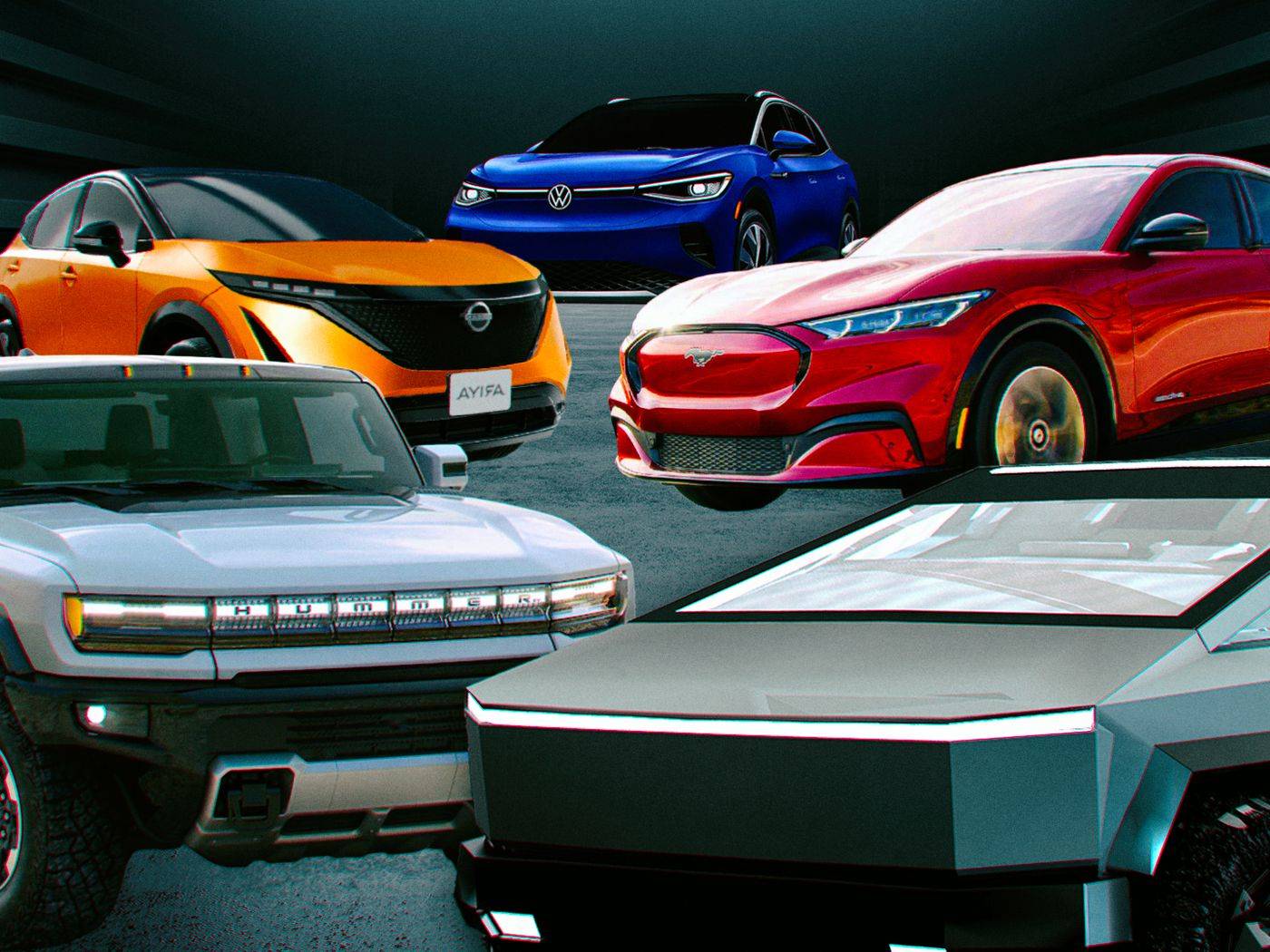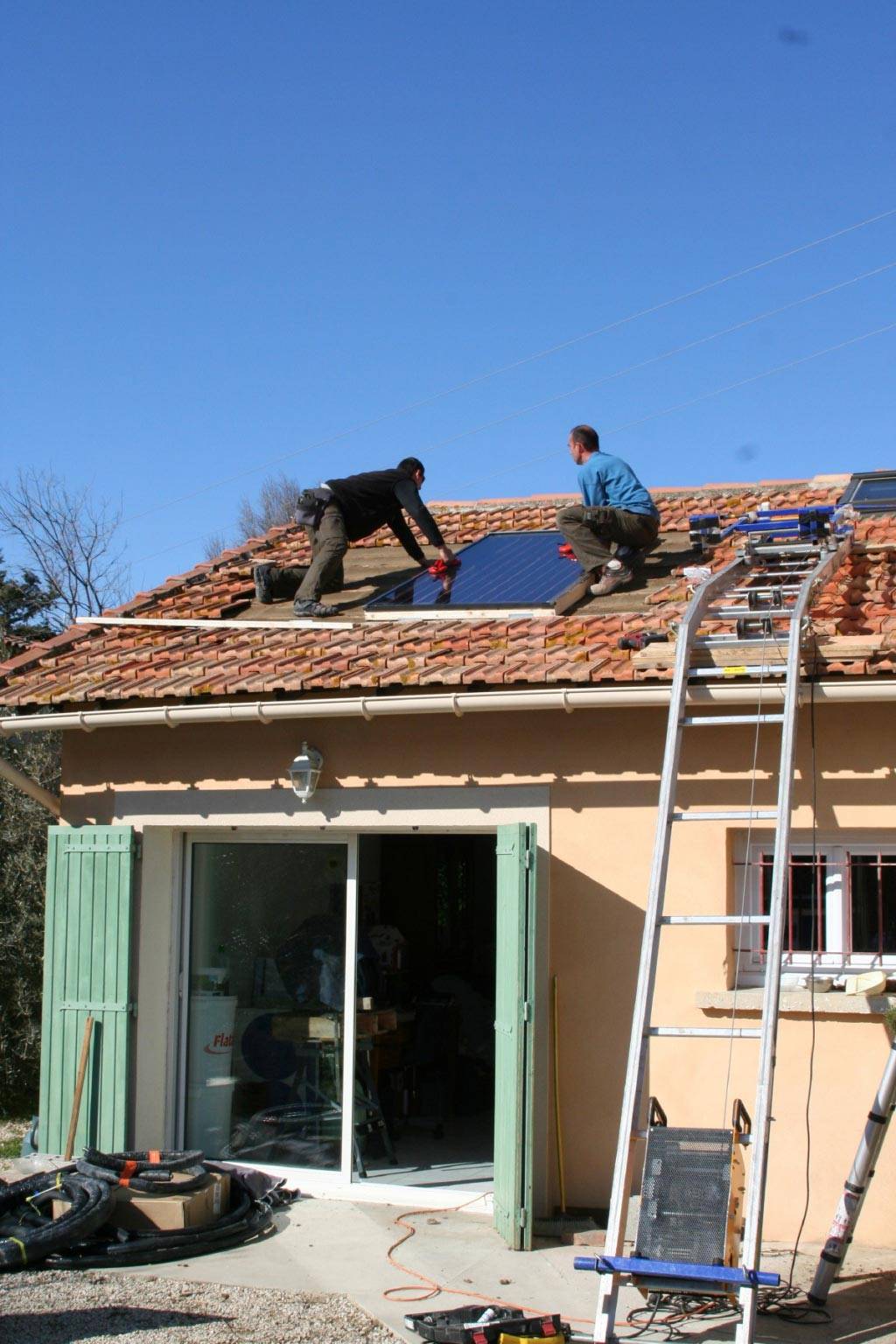Welcome to the latest edition of our newsletter, where we discuss the exciting topic of electric vehicles (EVs) and their monumental rise. The automotive industry is on the doorstep of a revolutionary transformation. It was spearheaded by the electrifying increase of electric vehicles (EVs). Globally, the automotive sector is undergoing a dramatic shift as sustainability and technological innovation gain importance. Electronic vehicles are the future leaders of cleaner and more sustainable transportation in this eco-revolution.
Overview Of Electric Vehicles Rise
Electric vehicles use one or more electric motors for propulsion. An extra-vehicular electricity collector system can power the system. Alternatively, it can be operated by a battery (sometimes charged by solar panels) by using fuel cells or generators. EVs include, but are not limited to, road and rail vehicles, and can broadly include EV boats and underwater vessels, hybrid aircraft, and e-spacecraft.
Early electric vehicles existed in the late 19th Century when the Second Industrial Revolution brought electrification. Electricity was among the preferred methods for motor vehicle propulsion, as it provided quietness, comfort, and ease of operation. In the 20th Century, range anxiety due to the limited energy storage offered by contemporary battery technologies hindered large-scale adoption of private electric vehicles. Internal combustion engines (both gasoline and diesel engines) have been the dominant propulsion mechanisms for cars and trucks for 100 years. However, electricity-powered locomotion remained commonplace in other vehicle types, such as overhead line-powered mass transit vehicles like electric trains and trams.
The global electric vehicle market worldwide was valued at USD 388.1 billion in 2023 and is expected to reach USD 951.9 billion by 2030. It will grow at a CAGR of 13.7% during the forecast period 2023-2030.
What is the biggest challenge with electric vehicles?
Electric vehicles pose various challenges. There are several facets to this challenge.
● Charging infrastructure is the biggest challenge for EVs. There are still concerns about the overall scalability and coverage of EV infrastructure despite an increase in charging stations.
● The charging time for an electric vehicle is still longer than refuelling a traditional internal combustion engine vehicle with gasoline, regardless of the fast-speed options. Charging speeds need improvement to match the conventional refuelling convenience stations.
● EV owners typically charge their vehicles overnight at home. To install such a station, individuals must have access to a garage or dedicated parking space. People living in urban areas or apartments may have difficulty finding charging stations that are convenient and accessible.
● There is no global standard for charging connectors and protocols. Different regions and manufacturers may use different charging standards.
● Battery Technology and Range have significantly improved electric vehicles’ battery longevity.
Rise of Tesla:
Tesla, a pioneer in the EV market, has made an impact with its revolutionary and high-performance electric cars. The company’s mission to facilitate the world’s transition to sustainable energy resonates with consumers worldwide. Tesla vehicles have captured the imagination of car enthusiasts and environmentally conscious individuals alike with sleek designs, impressive range, and cutting-edge technology.
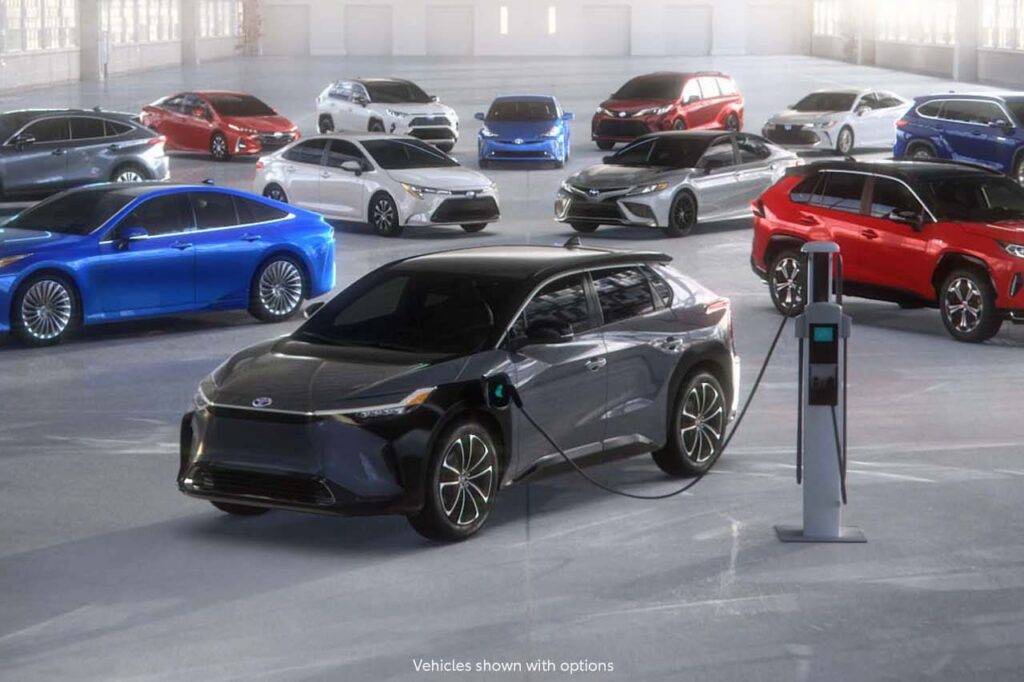
One of Tesla’s standout models is the Model S, a luxury sedan that defies the idea that electric vehicles lack power and performance. With fantastic performance and a range that competes with gasoline cars, the Model S laid the foundation for broad EV adoption. Tesla’s commitment to building a robust charging station network, including its Supercharger network, also reduces charging anxiety. This has further boosted their popularity.

Revolution of Smart and Mercedes
Mercedes-Benz subsidiary Smart has been at the centre of the electric car revolution. Smart cars offer urban dwellers a practical and stylish choice. The Smart range include the #1 and #3 ranges with an addition of a Brabus range which provides speed, comfort, and pollution-free operation. That makes them an ideal option for driving on crowded city streets.
Mercedes-Benz, a heavyweight in the automotive industry, supports e-mobility. Mercedes’ EQ line of electric vehicles is making a significant impact on the market. Models like the EQA or EQC, fully electric SUVs, offer luxury, performance, and sustainability. Mercedes has used its expertise in engineering and design to create EVs that cater to even the most particular drivers.
BYD and Polestar: Leading innovation
BYD, a Chinese automotive company, is making its mark on the EV market. This company has positioned itself as a leader in sustainable transportation through its focus on electric vehicles and renewable energy. Several of their models of electric buses, trucks, and cars indicate their commitment to green transportation.
Polestar, Volvo’s electric performance brand, transforms the industry with its elegant and powerful EVs. A Polestar vehicle is a thrilling performance vehicle with a focus on sustainability. The Polestar 2, an all-electric fastback, features a range of 430 miles, a minimalist design, and advanced technology. Polestar pushes the boundaries of electric mobility with its forward-looking approach.
Electric Vehicles: The Future & Benefits
Environmental Sustainability:
Electric cars produce zero tailpipe pollution, leading to improved air quality and a reduced carbon footprint. Electric vehicles (EVs) play an essential role in promoting sustainability and combating climate change. The electricity grid becomes greener with the increased use of renewable energy sources like solar and wind power. As a result of global efforts to limit fossil fuel production.
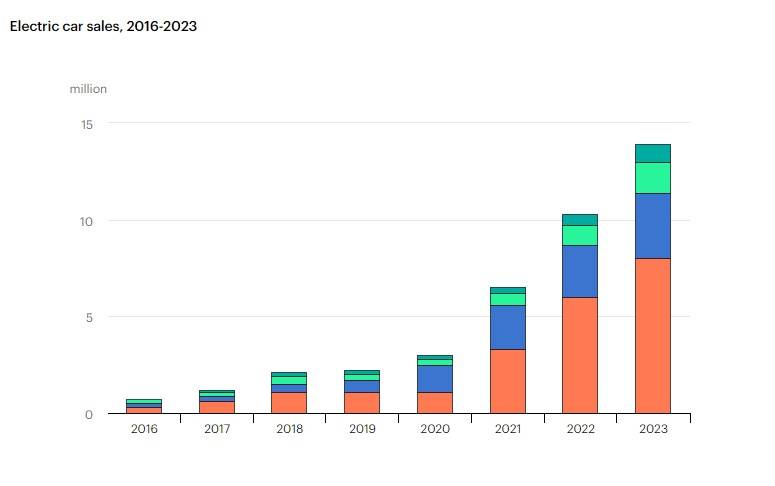
Battery Technology:
Improvements in battery technology lead to longer driving ranges and higher energy density. As battery technology improves, concerns about limited range and range anxiety diminish. Research and development in battery technology is driving down the cost of making electric vehicle batteries. Increasing adoption of electric cars is made possible through cost reductions.
Government Support and Incentives:
Many governments around the world are implementing policies to encourage the adoption of electric vehicles. This includes financial incentives, tax credits, subsidies, and laws targeted at reducing transportation emissions.
Technological Advancements:
Motor vehicles often integrate advanced driver-assistance systems and technologies that pave the way for autonomous driving capabilities. Electric propulsion and autonomous technology are expected to redefine mobility. Electric cars typically come equipped with advanced connectivity features, allowing over-the-air software updates and syncing with smart devices.
Consumer Demand and Awareness:
Consumers are becoming more aware of and interested in environmental sustainability and the impact of their choices on the planet. As awareness increases, more consumers choose electric vehicles. The automotive industry is facing increased competition from manufacturers to develop and produce electric cars. In addition many countries now are not allowing fuel cars into town centers, for example Malagas port area will only allow EVs, and in Marbella, Estepona and San Pedro towns, there will be a tax imposed for driving in the streets without an EV.
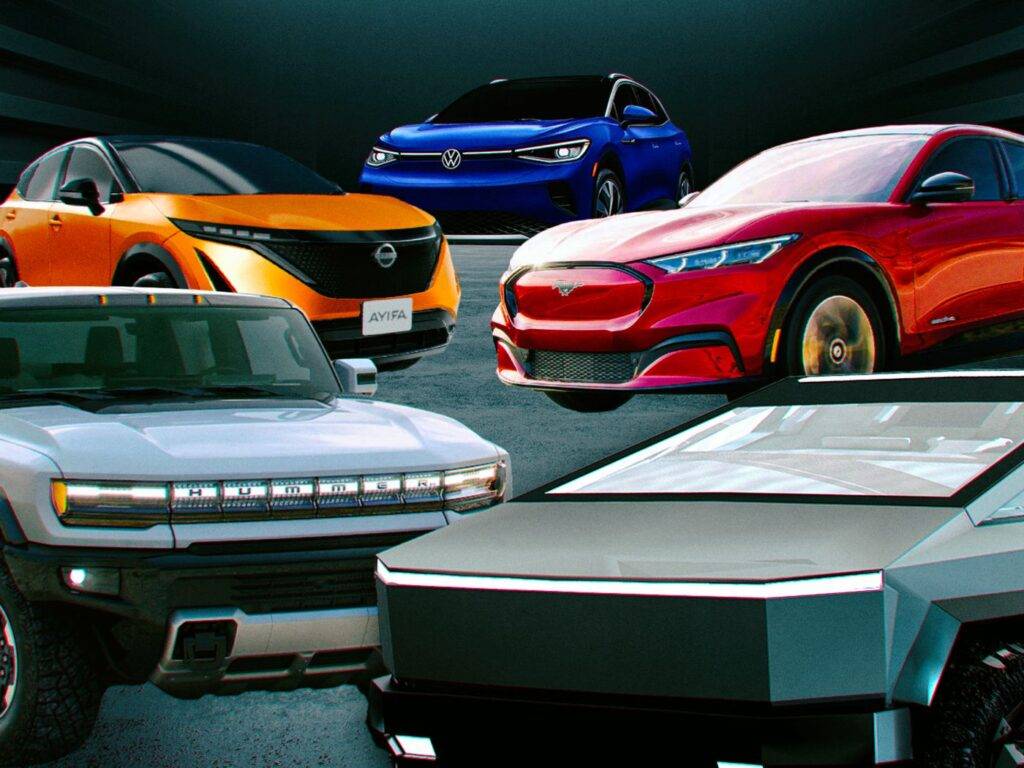
Global Commitments to Sustainability:
Many countries around the world are committing to reducing greenhouse gas emissions and transitioning to cleaner energy sources. Electric vehicles have an essential role in achieving these targets and are a significant contributor to emissions.
Who benefits from electric cars?
Industry sectors that will benefit the most from electric cars:
- Battery Providers.
- Transport.
- Utility providers.
- E-commerce.
- Delivery.
- EV Manufacturers.
- Car charging providers
Electric cars are growing in the marketplace. Brands like Tesla, Smart, Mercedes, BYD, and Polestar have contributed significantly to this revolution. They have captured consumers’ attention and hearts. As technology evolves and charging capacity expands, electric vehicles will become more popular.



